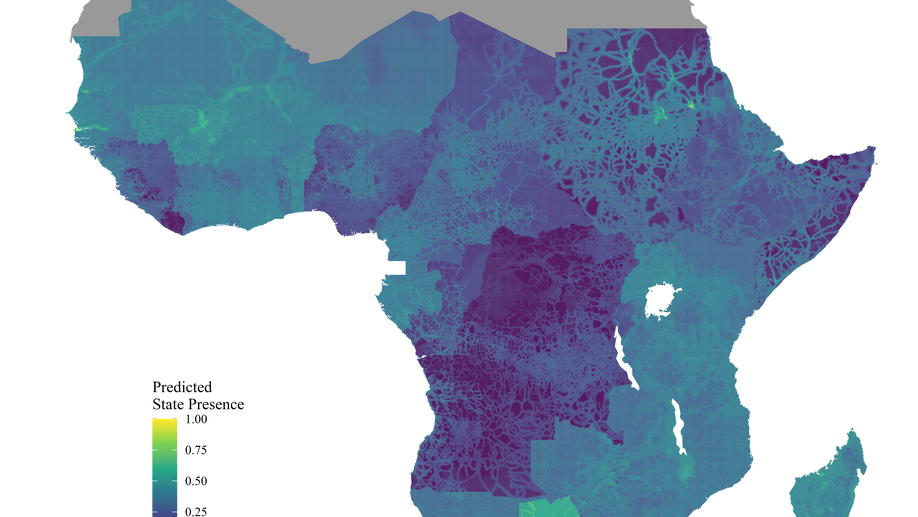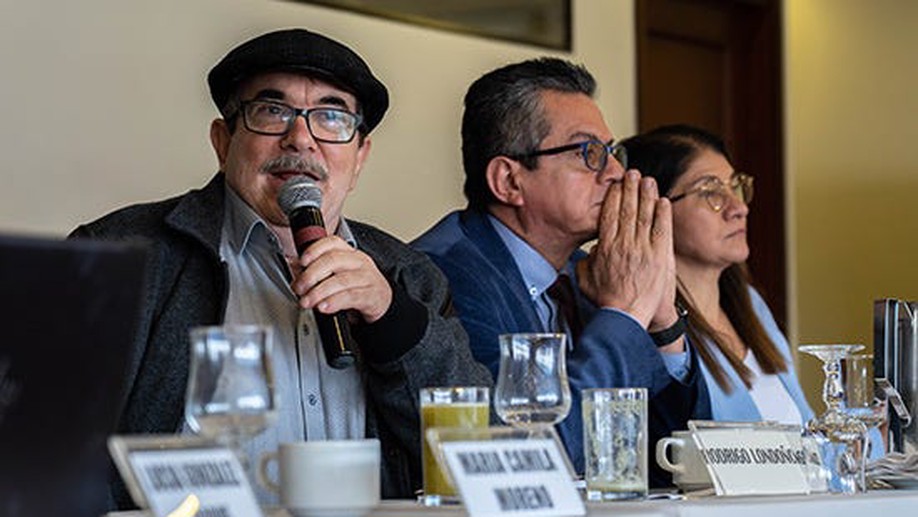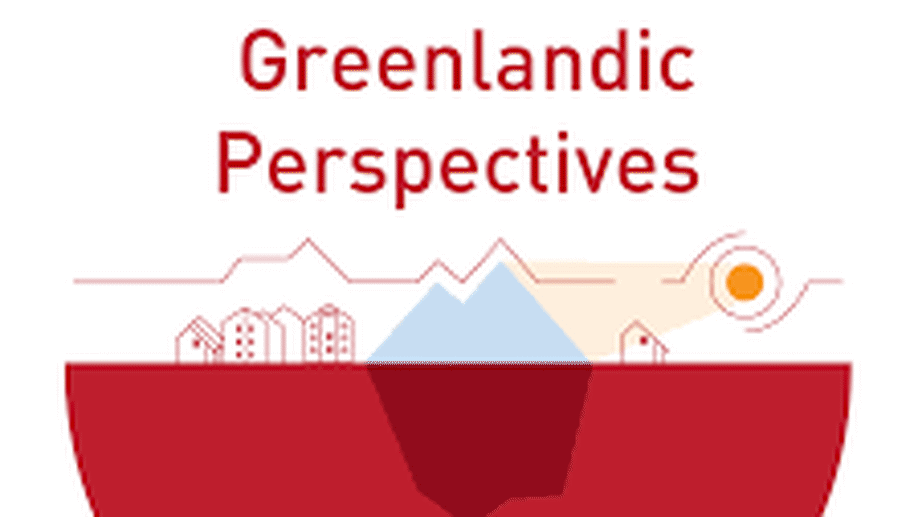Transitional justice practices frequently involve public apologies where former combatants confess their wrongdoings and ask for forgiveness, with the underlying assumption that such displays facilitate the reintegration of ex-combatants into society. However, little is known about the public response to ex-combatant apologies. In this article, we investigate the causal effect of an armed group apology on attitudes toward ex-combatant reintegration in Colombia. Our study builds on a novel experiment implemented in Meta, a conflict-ridden department of Colombia. The experiment entailed exposing a subset of participants to a video in which a former rebel group leader apologizes for violent acts committed by their armed group during the civil war. To examine the extent to which external actors influence the effectiveness of apologies, we incorporated third-party ‘encouragements to forgive’ (endorsements) in two additional treatment conditions. Our analysis demonstrates that, on average, participants do not exhibit higher reintegration attitudes when exposed to the apology, regardless of third-party endorsements. However, the absence of a treatment effect is not due to an indifference to the apology. In an exploratory heterogeneity analysis, we show that the apology induces negative effects on some indicators of reintegration attitudes among participants that did not support the peace agreement. This finding aligns with qualitative data gathered in a follow-up survey, which indicates that opponents of the peace agreement generally describe negative emotional responses to the FARC-EP apology. The results call for a reconsideration of unchallenged prescriptions of public apologies after conflict.




















